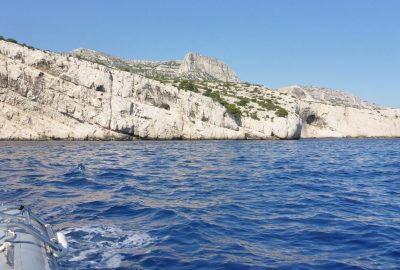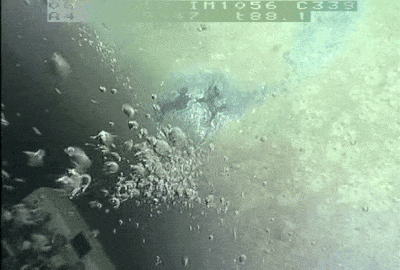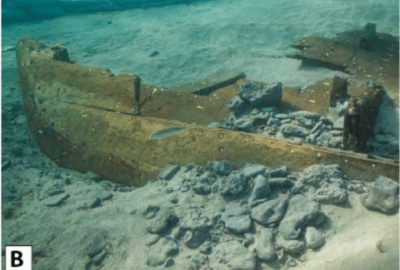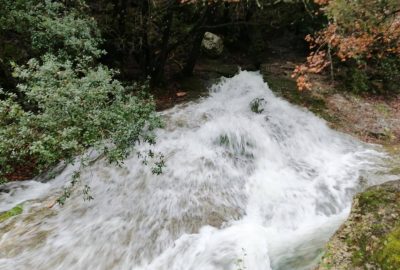Hydrosystems and Carbonate Resources
Within the Earth's outer envelope, fluid and solid phases interact with life to form complex dynamic systems. Fluid phases are involved in many geological processes, controlling the genesis of sediments and sedimentary rocks, the formation and evolution of landforms and tectonic and seismic activity. They also represent major issues in terms of resources. Among the solid phases, carbonate sediments are the result of interaction between the hydrosphere and the biosphere. These evolve into reservoir rocks under the combined action of the interaction between surface and subsurface fluids and carbonate minerals, and tectonic deformation. The team's twofold objective is 1) to study the genesis of potential reservoir rocks, particularly carbonate rocks (sedimentary processes and environments, diagenetic transformations, tectonic deformation) and 2) to understand the factors determining fluid and sediment transfers on different time and space scales. The team will seek to achieve these objectives by employing a methodology based on naturalistic observation, measurement of physical properties and geochemical signals and numerical modelling, and by integrating processes at different scales of space (from the microscopic to the global) and time (from the instantaneous to the geological time scale). Data acquisition and field sampling are essential for all the team's themes, and it will continue to acquire long time series as part of National Observation Services and international collaborations (EMSO and IRD projects). Over the next four years, the team will be developing 5 flagship projects in particular, linked to major societal or fundamental issues: 1) the recording of major regional and global palaeoclimatic changes by marine and lacustrine carbonate production; 2) the development of integrated approaches (sedimentology, diagenesis, tectonics, geomechanics, hydrogeology) for assessing storage solutions and the risks associated with CCS; 3) the development of methodologies for characterising carbonate archaeomaterials and karstified limestone massifs for the enhancement and preservation of archaeological heritage; 4) the prediction and management of water resources and hydrological risks in France and the South; 5) understanding sediment connectivity between rivers and coastlines in a context of rising sea levels.
The RHYCA team relies on several platforms and laboratories to support its methodological developments: hydro-terrain platformWater chemistry laboratory, petrography and petrophysics laboratory, experimental modelling and acoustics laboratory, 3D and 4D geomodelling laboratory. Moreover, through its involvement in the analysis of stable isotopes of water, the team is involved in the Paniss platform.
Finally, members of the team are heavily involved in teaching from undergraduate to PhD level, with the Master of Engineering in Geology of Resources and Sustainable Development the purposes "Hydrogeology" and "Reservoir Geology" of the Master STPE as well as in the Master Environmental Management "Water Sciences" course.






